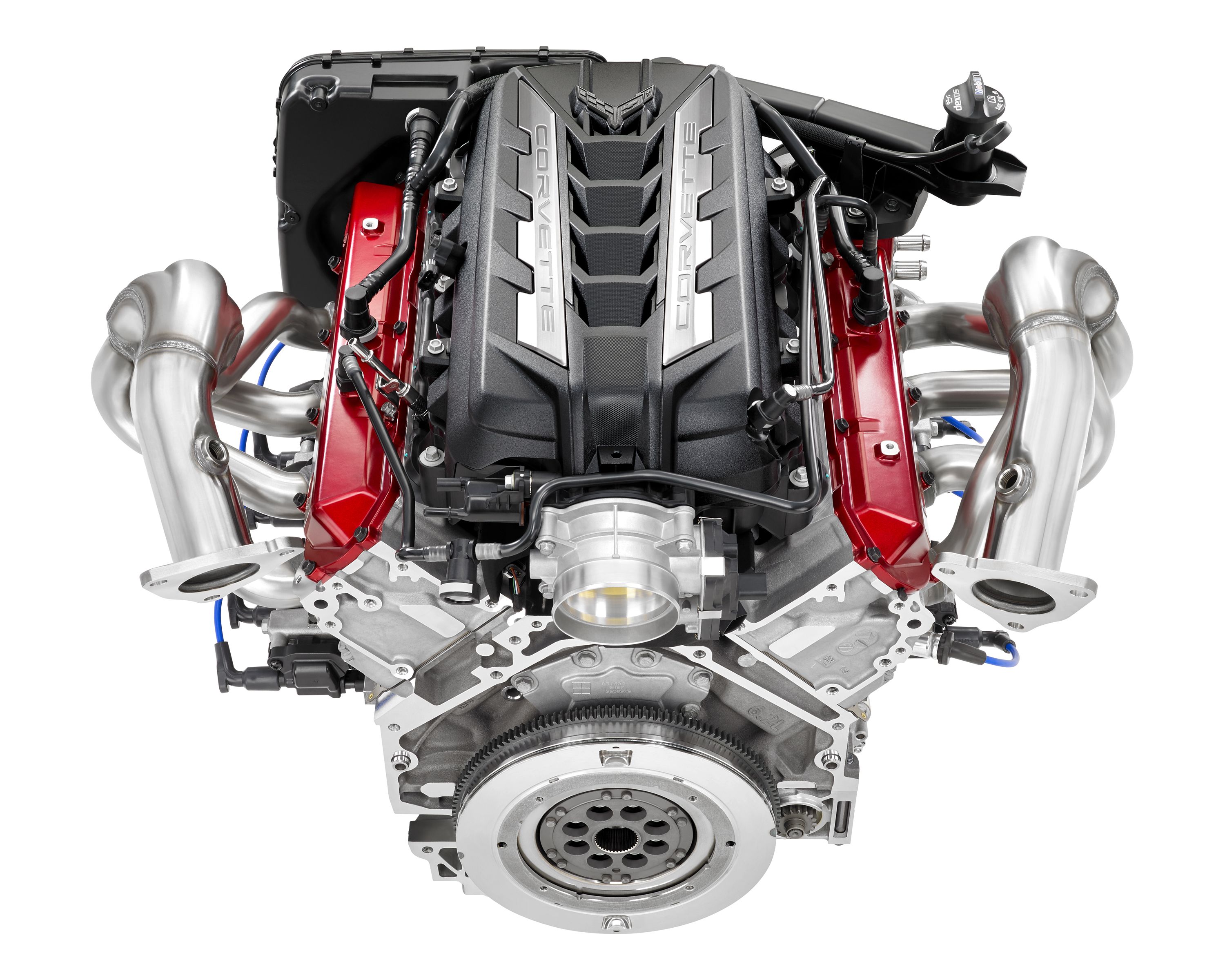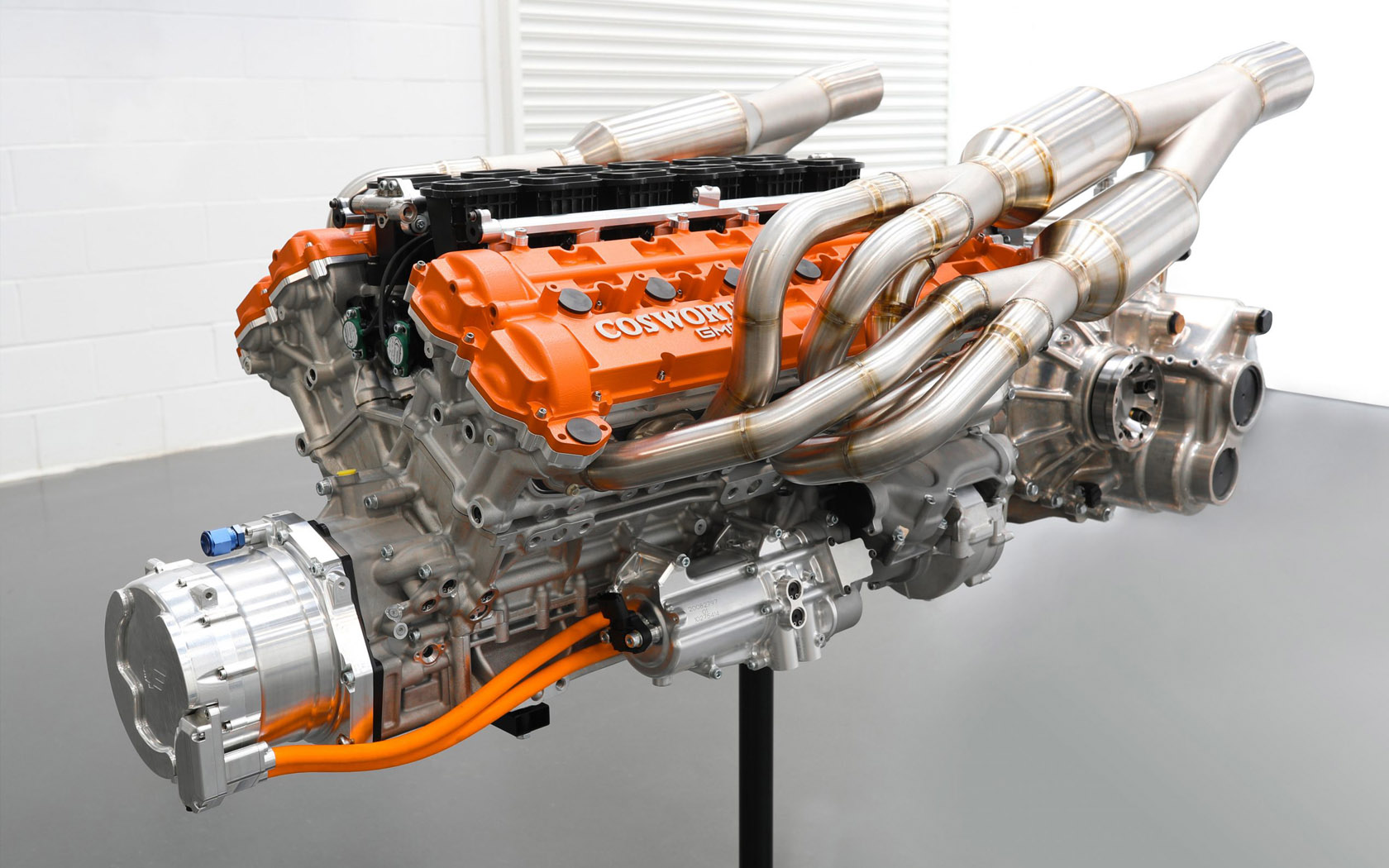Engines For Africa: Your Trusted Companion for Electric Motor Demands
Engines For Africa: Your Trusted Companion for Electric Motor Demands
Blog Article
Explore a Wide Array of Engines for each Car and Purpose
The auto landscape is significantly complicated, with a diverse variety of engine types designed to satisfy particular efficiency and effectiveness requirements throughout various vehicle groups. From the high-performance engines that power cars to the fuel-efficient alternatives customized for everyday travelling, the options are substantial and varied. In addition, heavy-duty engines offer the demands of work lorries, while environment-friendly alternatives are obtaining traction in the search of sustainable transportation. Recognizing these distinctions is crucial for making notified choices, particularly as emerging modern technologies continue to shape the future of vehicle design. What implications might these improvements hold for producers and consumers alike?
Sorts Of Automotive Engines
Automotive engines can be categorized into several unique types, each developed to meet particular performance and efficiency demands. The most common categories consist of inner burning engines, electric engines, and hybrid systems.

Electric engines, on the various other hand, operate on electrical power kept in batteries, offering instantaneous torque and no emissions. These engines are coming to be progressively popular as a result of improvements in battery technology and the growing emphasis on sustainability.
Hybrid systems combine both interior combustion and electrical engines, enabling lorries to enhance gas effectiveness and lower emissions by seamlessly changing in between source of power. Each engine kind presents its benefits and disadvantages, influencing variables such as car style, planned use, and market demand. When choosing the ideal engine for their specific needs., comprehending these distinctions is critical for consumers and suppliers alike.
Performance Engines for Sports Cars
Performance engines for cars are especially crafted to supply boosted rate, dexterity, and power, establishing them in addition to standard automobile engines. These engines commonly make use of innovative modern technologies such as turbocharging, turbo charging, and variable shutoff timing to optimize performance and responsiveness.
Commonly, efficiency engines are made with greater compression proportions, which permit greater power extraction from fuel. This results in impressive horsepower and torque figures, allowing fast velocity and higher top speeds. Furthermore, the light-weight products used in these engines, such as light weight aluminum and carbon fiber, add to minimized general automobile weight, boosting handling and maneuverability.
Engine configurations like V6, V8, and also hybrid systems prevail in performance cars, each offering one-of-a-kind benefits in regards to power shipment and driving characteristics. The adjusting of these engines is also important; many suppliers maximize the engine management systems to give an electrifying driving experience, commonly consisting of sport modes that readjust throttle action and gear shifts.
Effective Engines for Daily Commuters
In the world of daily commuting, reliable engines play an important role in maximizing gas economic climate and reducing exhausts while providing trustworthy efficiency. As metropolitan populaces grow and environmental issues magnify, the need for lorries geared up with effective powertrains has actually surged.
Modern engines developed for daily commuters typically include modern technologies such as turbocharging, straight fuel injection, and hybrid systems. Turbocharging improves engine effectiveness by forcing more air into the combustion chamber, permitting for smaller, lighter engines that do not compromise power output. Straight gas shot improves fuel atomization, bring about far better burning and enhanced performance.
Crossbreed engines, combining interior burning with electrical power, more boost fuel economic climate, especially in stop-and-go web traffic, where typical engines can struggle with ineffectiveness. Electric motors assist during acceleration and can operate independently at reduced rates, decreasing overall gas intake.
Additionally, innovations in engine monitoring systems and light-weight products add considerably to efficient engine layout. By concentrating on efficiency, longevity, and ecological sustainability, makers remain to deliver engines that not just satisfy the demands of day-to-day commuting but additionally line up with worldwide initiatives to minimize carbon footprints.
Heavy-Duty Engines for Job Automobiles
Heavy-duty engines for job cars are consistently crafted to deliver exceptional torque and integrity under requiring conditions. These engines are created to perform in settings where conventional engines might falter, such as construction sites, logging operations, and agricultural setups. The key emphasis of heavy-duty engines is their capability to produce high degrees of power while keeping resilience over expanded periods of procedure.
Typically, durable engines use innovative products and durable building methods to endure the rigors of heavy work. Attributes such as enhanced cyndrical tube blocks, improved cooling systems, and advanced fuel injection technologies contribute to their efficiency. These engines frequently operate at reduced RPMs, which aids to maximize fuel efficiency while offering the necessary power for hauling and transporting.
In enhancement to mechanical toughness, heavy-duty engines are commonly furnished with innovative electronic control devices (ECUs) that manage efficiency, exhausts, and diagnostics. This integration permits for better tracking and maintenance, guaranteeing that job vehicles remain reliable and functional.
Ultimately, durable engines are a necessary component in the performance of various industries, providing the required power and reliability to deal with the most difficult of jobs.
Eco-Friendly Engine Options
The expanding focus on sustainability has actually brought about the development of eco-friendly engine options that focus on lowered emissions and enhanced gas effectiveness. These engines are designed to minimize the ecological impact of lorries while still supplying the efficiency and integrity anticipated by click here to find out more consumers.
Among the most noteworthy green alternatives are electric and hybrid engines. Hybrid engines combine traditional internal burning engines with electric propulsion, enabling reduced gas intake and reduced greenhouse gas discharges. Electric engines, on the various other hand, operate entirely on battery power, generating zero tailpipe emissions and adding to cleaner air high quality.
Another encouraging development is the innovation of biofuel engines, which make use of eco-friendly sources, such as plant products, to power cars (Engines For Africa). By utilizing biofuels, these engines can minimize dependency on nonrenewable fuel sources and reduced general carbon footprints

As the automotive market advances, green engine alternatives will play a vital role in driving the transition in the direction of even more lasting transport solutions.
Conclusion
The automobile sector offers a varied range of engines created to meet different vehicle needs and purposes. From high-performance engines that boost cars capacities to efficient models focusing on gas economic climate for day-to-day travelers, each kind offers a specific function. Sturdy engines deal with durable work cars, while eco-friendly alternatives, other such as electrical read and biofuel engines, promote sustainable transport. This thorough range guarantees that all driving requirements are dealt with, contributing to advancements in auto innovation and ecological stewardship.

Report this page